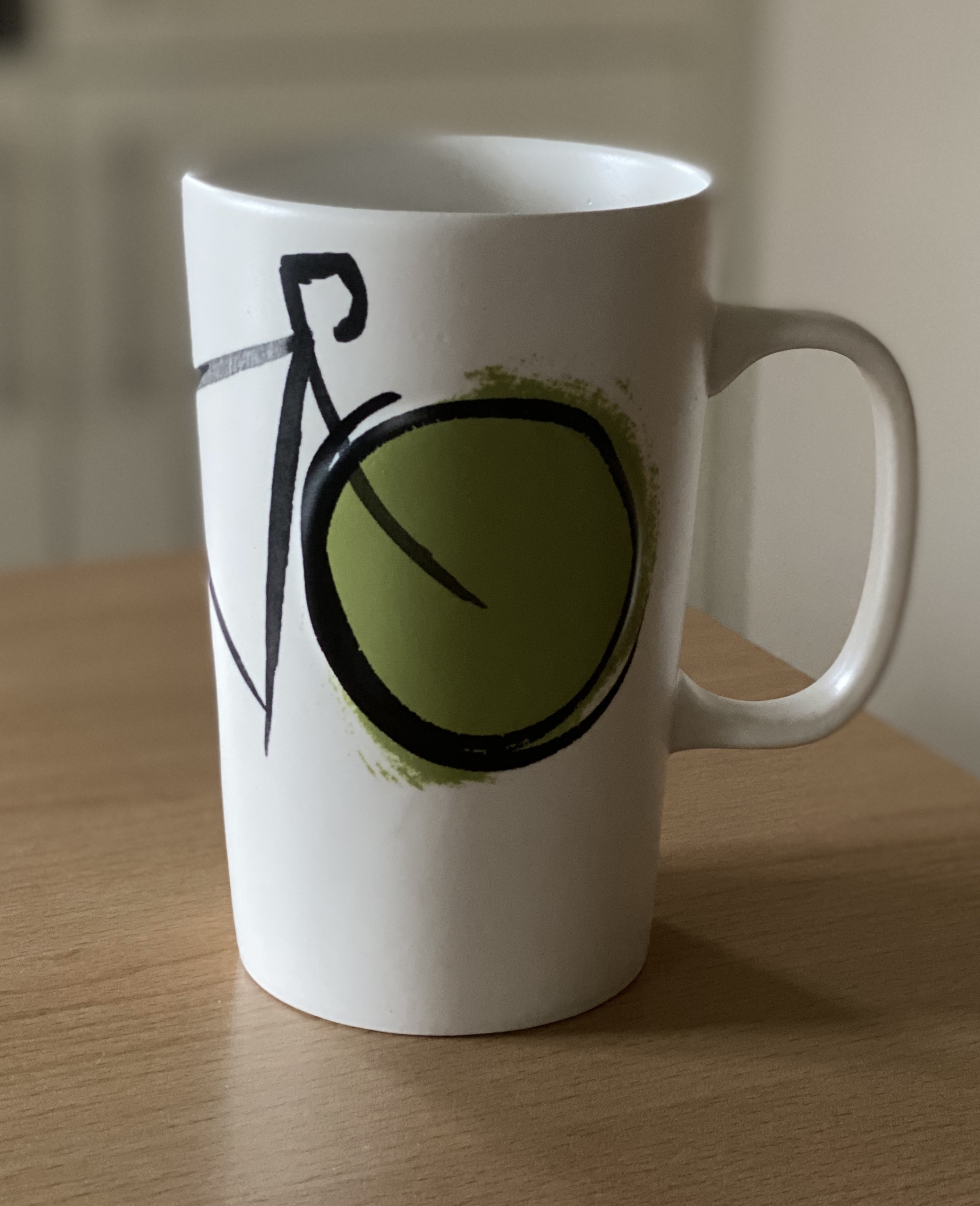 I’ve often wondered: is our real workplace office the coffee shop?
I’ve often wondered: is our real workplace office the coffee shop?
Many years ago, when I started work as a management consultant, the smoking area was the place where information was exchanged, relationships forged, and informal deals brokered. There’s an informality when people congregate without agendas; barriers are dropped, titles mean less, and deeper social connections get forged.
Is this ‘informality’ the key to the Trust Equation’s key component of Intimacy?
Coffee Shop Intimacy
Being a Brit, we often think they’re the same thing. The beers after work and the ‘Cheeky Nandos’ (see here for our befuddled American friends) is our default to creating intimacy; but perhaps we should think a bit more deeply.
Intimacy as a component of trustworthiness is actually more about security and a sense of empathy, a less boisterous and socially connected emotion. It’s individual and personal, and is expressed differently from person to person. One size definitely doesn’t fit all.
I learnt this the hard way over a series of weeks working in a large financial services client. My personal default style is always openness and candid sharing of the personal (full disclosure: I’m Irish). I’m always looking for that connection. So – what happens when that openness meets The Actuary?
Actuarial Intimacy
I’m not suggesting by any means that actuaries are not able to display intimacy, but by the very nature of their work they are not emotional risk takers. Instead, they must be able to be analytical and reflective. The profession tends to attract those who feel simpatico with those requirements. Social settings are rarely the default home of The Actuary. And yet – for them, as for all of us, Intimacy is still key to trust.
Throughout the weeks we worked together my daily routine began with a visit to the inhouse Starbucks; and every day (maybe 2-3 times a day) I’d offer to buy a coffee for my actuarial friend and client. And (of course) every day he would decline, much to my frustration. I wanted nothing more than to sit down with him and understand what his passions were, his family situation – who he was as a person.
We worked together closely, and made great progress, but for me it was like wading through cement – no conversation, no social interaction. It was killing me. Worse still, I had no idea if I was even making an impact with the work. His only foray into ‘real’ communication was to starkly tell me one afternoon, after my third coffee of the day, “You spend on average £7 a day on coffee; that’s close to £2,000 a year.” (I suspect he even worked out my life expectancy on the back of that).
Yet I couldn’t have been more wrong. In hindsight, this was his conversation starter, though it took me until the project was finished to recognize it as such. We delivered on time and with (to my mind) a great result. His expressed view was that we had delivered what was expected.
On our final day working together, before I left for a new client, I was sitting with colleagues both client and peers. We were engaging in what we knew best, that snappy ‘cheeky Nandos’ social interaction, and of course I was comfortable again – back to normal.
Just before lunch my actuarial friend paid me a visit. And, he came with a gift – a very risky gift for him, a branded insulated coffee-mug. Initially I thought, “Yes! I’ve converted him, he’s a social coffee drinker now.” But again, I had misread him.
He looked me in the eye and said to me, “Johnny, I’ve really enjoyed working with you. I’ve brought you something to say thank-you for making this a success for me, and for my team.”
Suddenly I was the one without words. I defaulted to my informal social style, we exchanged some trivial social niceties, and we said our farewells.
You Can’t Buy Intimacy
It took me months to realize that for him intimacy wasn’t about being social. It wasn’t bonhomie or office banter. In fact, it was much deeper than that. For him it was about me understanding him, including what was important to him and how he felt about it. That then translated to what needed to be done, by when and with what outcome.
Success wasn’t beers and back slaps: it was me realizing how important it was to him that the job be done well, and him being comfortable that I had understood that about him.
We had created intimacy and we had built trust – slowly and painfully for me, measured and appropriately for him. Ultimately, he felt safe knowing that we would get where we were headed, together, and that he could trust me to share that commitment.
I still see him in the airport lounge on my regular commutes between Edinburgh and London, and every six months or so he’ll introduce me to a colleague. He’s always polite, measured and professional. As for me, well, I always have a coffee in my hand.
But we both know.

 I’ve often wondered: is our real workplace office the coffee shop?
I’ve often wondered: is our real workplace office the coffee shop?